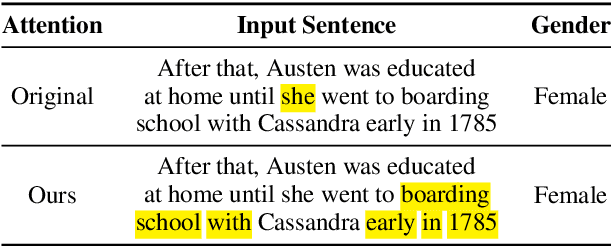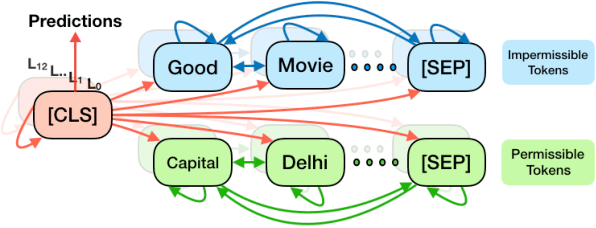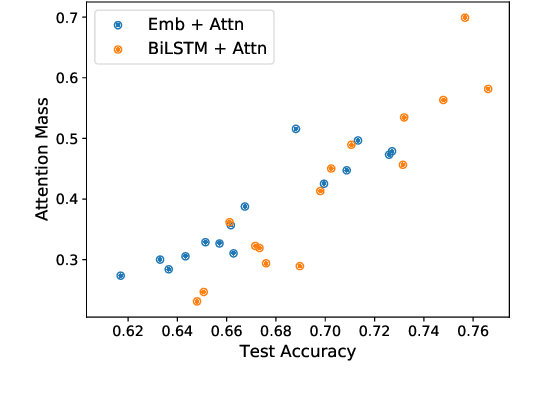Learning to Deceive with Attention-Based Explanations
Paper and Code
Sep 17, 2019



Attention mechanisms are ubiquitous components in neural architectures applied in natural language processing. In addition to yielding gains in predictive accuracy, researchers often claim that attention weights confer interpretability, purportedly useful both for providing insights to practitioners and for explaining why a model makes its decisions to stakeholders. We call the latter use of attention mechanisms into question, demonstrating a simple method for training models to produce deceptive attention masks, diminishing the total weight assigned to designated impermissible tokens, even as the models are shown to nevertheless rely on these features to drive predictions. Across multiple models and datasets, our approach manipulates attention weights while paying surprisingly little cost in accuracy. Although our results do not rule out potential insights due to organically-trained attention, they cast doubt on attention's reliability as a tool for auditing algorithms, as in the context of fairness and accountability.
 Add to Chrome
Add to Chrome Add to Firefox
Add to Firefox Add to Edge
Add to Edge